Nearly a week after the arrest of fugitive underworld crime boss Rajendra Sadashiv Nikalje alias Chhota Rajan at Bali's Ngurah Rai International Airport, Indonesian police have named him as one of the masterminds behind the 1993 Mumbai serial bomb blasts and shown him as a wanted accused in that case.
They have also said that word is awaited from the CBI to take Rajan's extradition process forward.
At the time of his arrest, Rajan was holding a passport in the name of Mohan Kumar. In an official release on October 30 confirming his identity as Rajendra Nikalkje, Indonesian police stated he was involved in more than 20 cases of murder and is also wanted for his alleged involvement in the 1993 serial bomb blasts in Mumbai.
Bali police spokesperson Hery Wiyanto said Nikalje will be transferred to the cu stody of Bali police till Indian Interpol - CBI is the nodal agency for executing RCNs -- takes custody of him, due to space restrictions at the precinct police station's lock-up.
They have also been coordinating with the Indian Consul General in Bali to notify Nikhalje's arrest and repatriation process to India. However, there has been no official communication from CBI or the Indian Consulate in Bali till date.
"The Bali police could not ensure Nikalje's repatriation because there has been no official confirmation from the (Indian) authority," Wiyanto said. The Indonesian police are questioning Rajan to ascertain why he had come to the country on a tourist visa for 15 days.
The release added that Nikalje was in Australia for the past year but could not be arrested as Australian authorities did not act upon the Interpol RCN. Sources said though Australia has entered into an extradition treaty with India, Canberra did not want to risk a gang war on Australian soil after his arrest.
Nikhalje was arrested on the basis of an Interpol Red Corner Notice issued against him by Indian police on October 12, 1994. As per the release, Nikalje was part of the gang of organised crime led by fugitive terrorist Dawood Ibrahim and was involved in the blasts that claimed 257 lives.
Rajan has claimed in the past that he parted ways with Dawood after the blasts and formed his own gang to avenge the terror attack. In the years since his falling out with Dawood, now believed to be hiding in Pakistan, Chhota Rajan's gang has eliminated several individuals who participated in or helped Dawood execute the 1993 blasts.
According to sources, Rajan had come prepared for his arrest when he landed at Bali from Sydney, with light luggage, and offered no resistance. Intelligence sources said he had smiled at Indonesian officials and appeared unsurprised that he was being arrested. He also revealed his true identity in spite of carrying a fake passport.
Mumbai police sources said Australian agencies became aware of Rajan's presence in their country early this year, when Dawood dispatched his lieutenant Chhota Shakeel to kill Rajan in New South Wales's Newcastle city.
Their suspicions were confirmed by an anonymous phone call to Australian federal police which revealed the fugitive gangster's passport details and confirmed that he was indeed in Australia.
Sources added that the Australian authorities did not want him in their country, and had made this 'very clear' to the Indian government. With Australia mounting pressure for his extradition - the countries have an extradition treaty in place -- Indian authorities scrambled to find a safe place for Rajan to stay.
Finally, Indonesia was chosen as it is yet to sign an extradition treaty with India, and keeping Rajan in custody at an offshore location would give Indian authorities room to manoeuvre. The extradition treaty, incidentally, will be signed when Vice P resident Hamid Ansari travels to Jakarta in the first week of November.
Meanwhile, Mumbai police sources claimed that a five-member team from crime branch including a DCP-rank officer will be flying to Bali along with a CBI officer to execute the RCN against of Chhota Rajan.
"The standard operating procedure requires the Ministry of External Affairs to request the Indian Consul General in Bali to take steps regarding Rajan's status. However, given the time it takes for processing, we have made arrangements for a team to leave for Indonesia early next week with a letter of authorisation," a Mumbai police officer, who declined to be named, said.
A Mumbai police team has also finished translating and digitising documents related to cases pending against Chhota Rajan, including the one in which an RCN was issued for the murder of journalist J Dey.
Source: Indonesian police confirm Rajan's identity, say he is a 1993 blasts mastermind
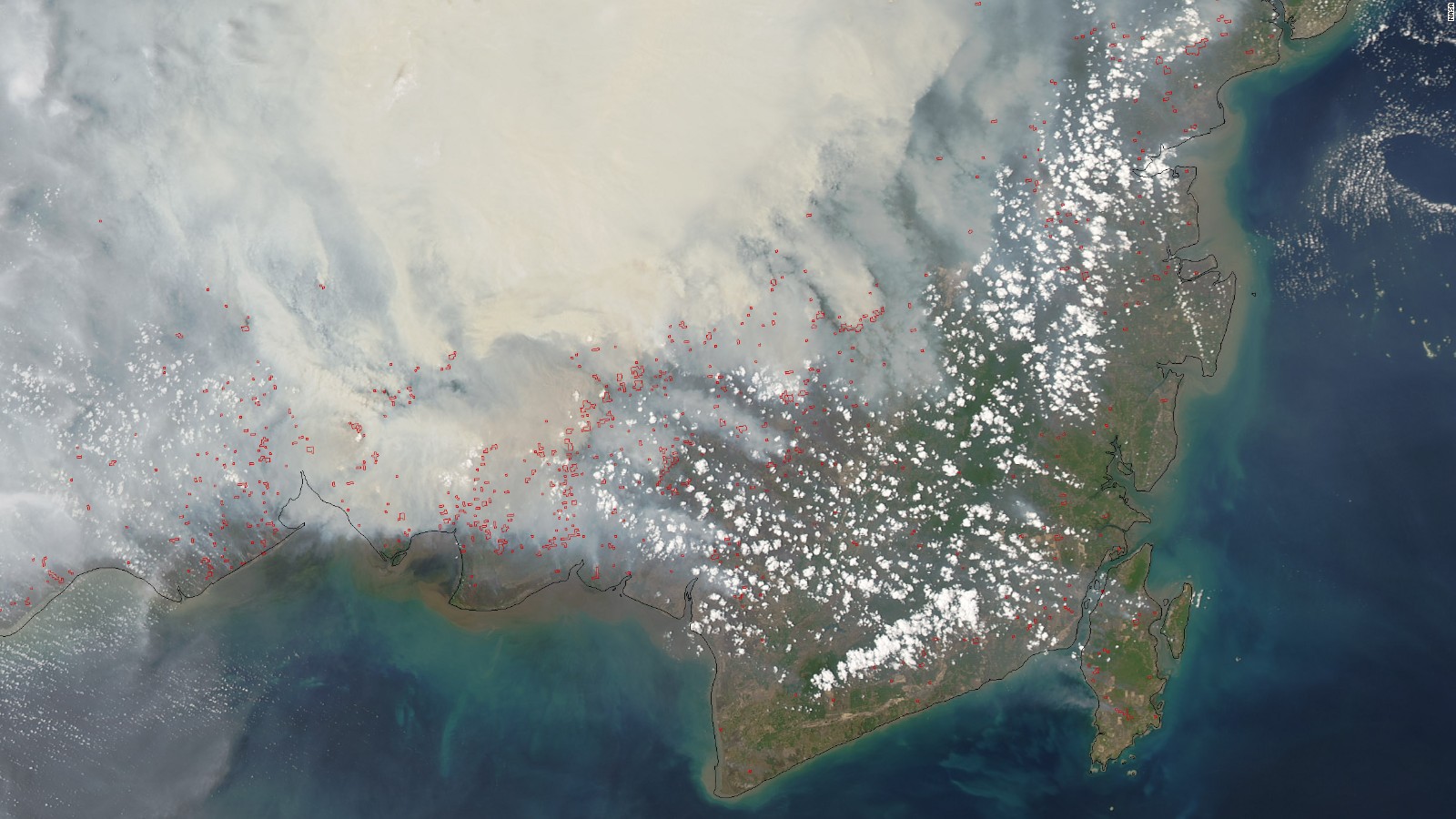
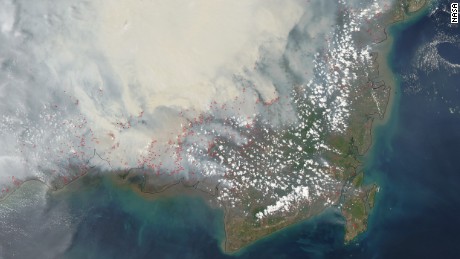
 Indonesian female soldiers march in Jakarta, Indonesia, on Oct. 3, 2005.
Indonesian female soldiers march in Jakarta, Indonesia, on Oct. 3, 2005. 











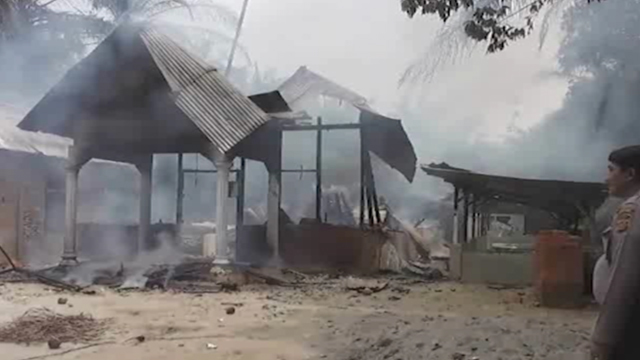
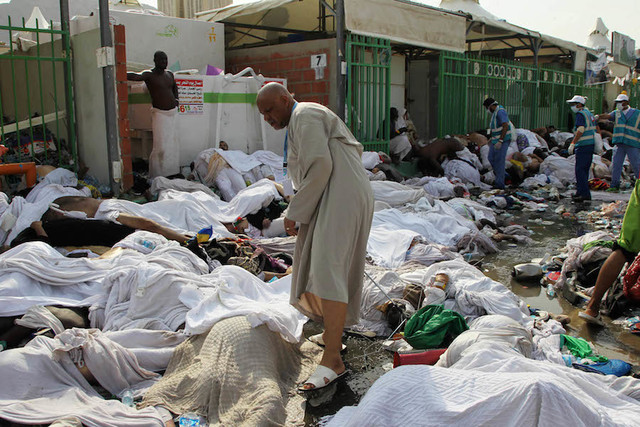
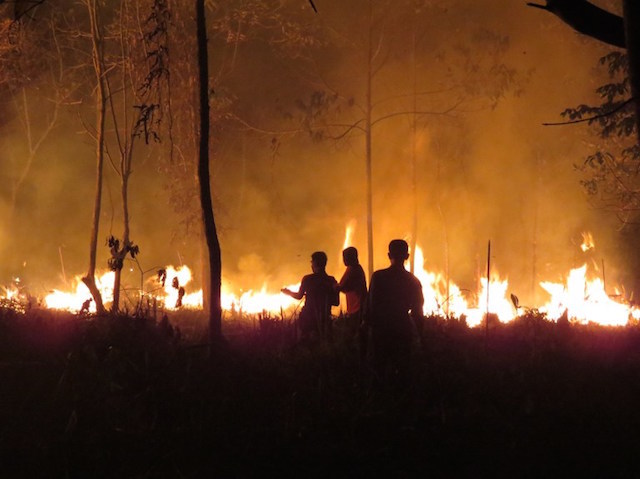
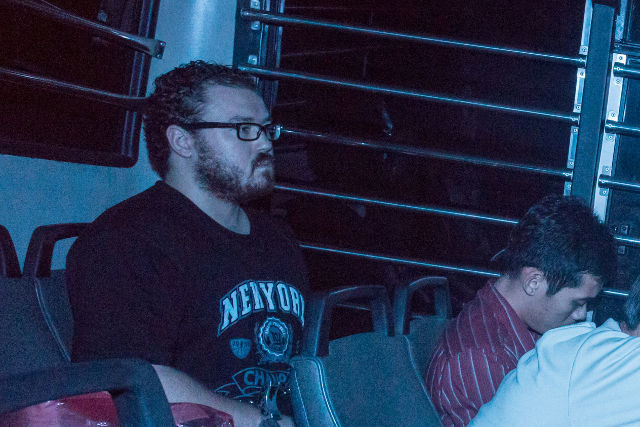
 This article was first published on Oct 11, 2015. Get a copy of The Straits Times or go to straitstimes.com for more stories.
This article was first published on Oct 11, 2015. Get a copy of The Straits Times or go to straitstimes.com for more stories.